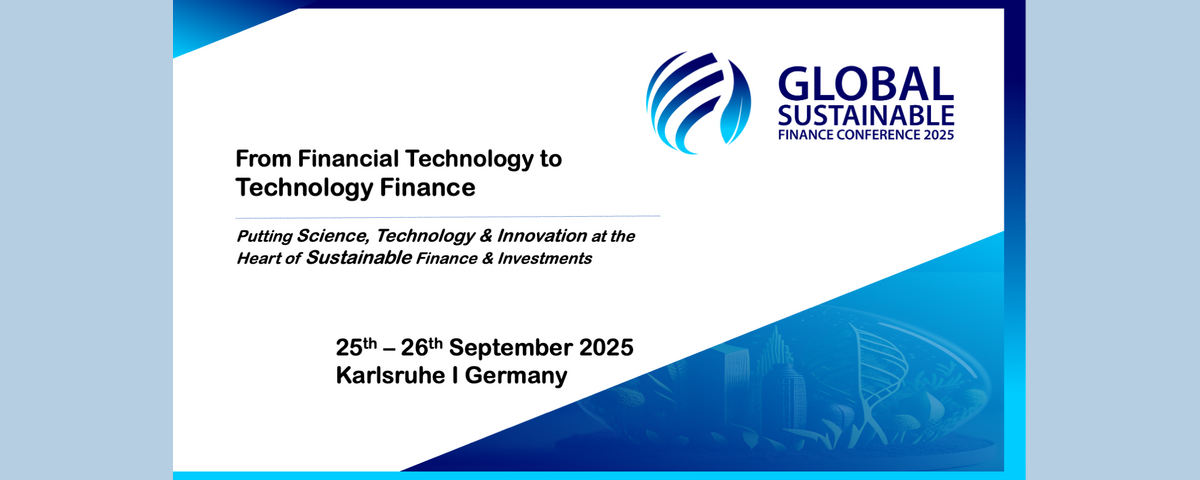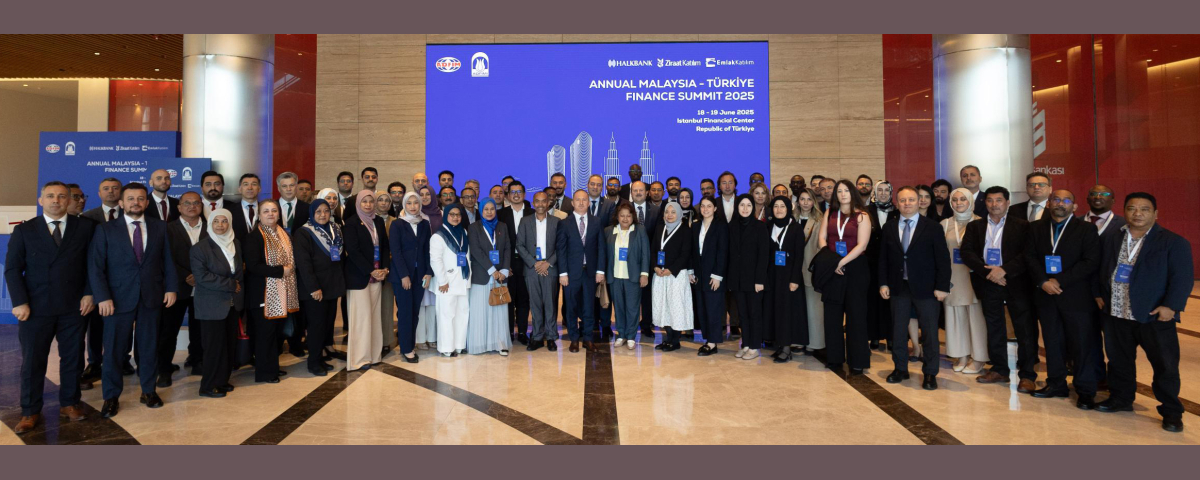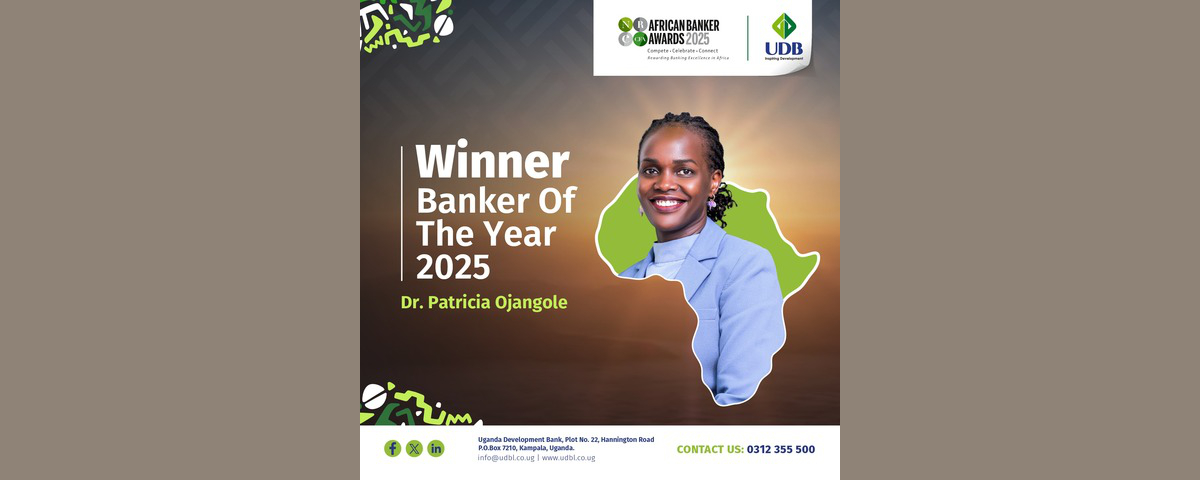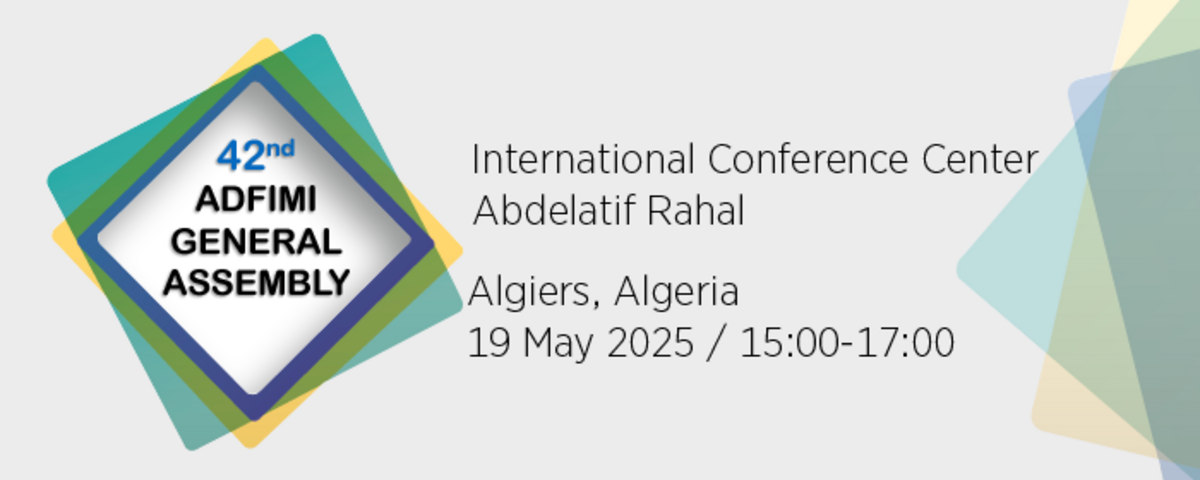Lagarde: ‘No collapse, no relapse, no relax in 2013’
Lagarde interviewed on Euronews:
The global economic outlook may be slightly improved, but there is still a long and uncertain road ahead.
Euronews was joined on the Global Conversation by International Monetary Fund head Christine Lagarde who talked to us about how she would try to address these uncertainties.
Isabelle Kumar, euronews: “We have a saying, that there are two certainties in life, that is death and taxes. Now I’d like to add another one and that’s the climate of uncertainty. Is 2013 going to prove as uncertain as 2012?”
Christine Lagarde: “The difference between death and uncertainties is you can do something about uncertainties, and certainly it’s our hope that policymakers will address the uncertainties and will try to remove them as much as they can in 2013 so that confidence can be restored and investors can invest and corporations can launch new projects and can begin to hire again.”
euronews: “There’s been a certain amount of back slapping here over Europe, people congratulating themselves that Europe is back on the path to recovery. It strikes me as now perhaps the battle lines have been redrawn and now we’re, possibly, fighting a battle against complacency. Where you stand on that?”
Lagarde: “I’ve used three words together. We’ve avoided the collapse in 2012, we should guard against the relapse in 2013 and now is certainly not the time to relax. No collapse, no relapse, no relax. And that’s exactly what 2013 is about. The policymakers have to keep the momentum, continue the reform, continue sensible tax consolidations, continue and complete the financial regulation has been undertaken.
euronews: “Britain has thrown the situation into uncertainty, were talking about uncertainty, and some may say it has put Europe in peril, Britain in peril and for me it’s symptomatic of European leaders putting their domestic agendas ahead of the bigger picture. Do you think that’s the case?”
Lagarde: “I truly hope that Europe does it its usual way, that is deal with the hurdles, overcome the obstacles, have arguments and debates and eventually come out of it all together and stronger. I really hope that’s what happens.”
euronews: “In or out?”
Lagarde: “Europe is much stronger when it is all together and when it is striving and more competitive. I think that’s a debate that will be initiated as a result of that UK initiative. Clearly the chancellor from Germany has indicated her determination to discuss competitiveness; and as we know competitiveness is at the heart of many reforms that are currently considered or are being implimented, they have to do it.”
euronews: “Turning to another issue – accountability is very important you and the IMF was admirable in that it did admit mistakes in terms of its austerity measures, to put it crudely, but those mistakes have affected the lives of millions of people – in Greece for example - should the IMF be held accountable?”
Lagarde: “We want to be held accountable, just like anybody engaged in a public mission, or in the private sector. We are all accountable and I think that the first measure of accountability is to come up with the truth; is to not hide things behind the curtains or under the carpet. And it has been a difficult decision, but we have decided that we should be totally open to our membership and say, you know, as we constantly do, we reassess, we verify, we check our numbers and our assumptions against the new reality. Now I submit that the new reality of last year for instance was entirely different from the new reality of three or four years ago. And that’s why our fiscal multipliers - as we call them technically – have indeed changed over time. We want to recognise that, to admit it.
“I would add one thing: a set of measures, reforms fiscal consolidations, are not decided just on the basis of a fiscal multiplier. That is one of the many, many components that are included in a global assessment of the state of an economy. No matter what, Greece had to consolidate, Greece had to restructure, Greece had to adjust its economic landscape and remove barriers and remove a lot of obstacles to growth. So I will grant you that the fiscal multiplier was higher than we had initially anticipated when the first programme was designed, but it’s not just on the basis of a fiscal multiplier that a programme is completed.
euronews: “On the issue of Greece, a few months back you caused some outcry when you said that you sympathise more with African children than with the Greeks. Do you stand by that? Were you misinterpreted or is it a statement you regret?”
Lagarde: “No I do not regret it. I was returning from Africa and had in my mind - and I still do today – children of Niger that I had visited who had teeny-tiny little classrooms, outside, with hardly any books, and when the person asked me what was I thinking of when I was waking up in the morning and whether I was very concerned about the Greek people I said I think first of the little kids in Niger. And I added that it would be a good thing if all the Greek people were paying their tax and I still stand by that and it is clearly now endorsed by the Greek authorities, by the Greek government, by the European Commission authorities and so on and so forth and there is a clear recognition that if the Greek authorities actually collect all taxes due - including in particular from the wealthy estates - then the economy would be a lot better.
euronews: “Let’s expand now and we are talking about Europe, it’s in a difficult situation and the US is not much better; where does that leave China?”
Lagarde: “Geographically East!(laughs) But in terms of contribution to global growth as a driving force. You know, China is expected to deliver anywhere between seven and eight percent growth in 2013. It has now a new leadership team, which has made it very clear that they will deliver on the 12th continual plan of theirs, that they will continue to rebalance the economic growth model to be more domestically focused. So China is clearly going to be one of the driving forces of global economic economy going forward.”
euronews: “So the talk of a bubble is unfounded?”
Lagarde: “I think we should all be extremely attentive to bubbles, wherever they are likely to originate, and particularly when it comes to real estate, because I believe that real estate coupled with financial bubbles can be devastating, as we have seen for the last five years. But I would say that China is clearly mindful of that and is clearly attentive to having, I would say, much more balanced growth.”
euronews: “The drama in the US over the fiscal cliff, the debt ceiling, is also overshadowing a greater problem, that is the massive unemployment. Are we forgetting unemployment in the world when we look at the crisis?”
Lagarde: “Well I would observe first that unemployment in the US is getting better. The numbers are certainly significantly better and heading towards seven percent. So that’s an improvement. But overall clearly unemployment is a major issue, and the numbers that have been released recently by the International Labour Organisation – 202 million unemployed people around the world – is a huge number and it is a huge issue for societies, for the families who have unemployed people; it’s a cause for huge concern and that’s where everybody should really focus their attention. Making sure that there is growth will pick up – because 2013 will see continued recovery, but timid recovery and that recovery is actually fueled by job rich growth and not just growth.
euronews: “I was speaking to the head of the ILO, Guy Ryder, and he was saying what concerned him was now we seem to be on the path to recovery, we’re talking about the path to recovery, but business people are forgetting about unemployment, and he is worried that that is not to be tackled.”
Lagarde: “I respectfully doubt it and I would partner with him to make sure that that does not happen; because growth in and of itself is not going to address the overall problem of balanced growth, sustainable growth, inclusive growth which we all recognise should be the attributes of growth. And if you don’t have jobs with growth, forget about inclusiveness, people are excluded. They don’t participate in growth and therefore it’s not sustainable. So, no I think jobs will remain at the centre of people’s preoccupations and we will make sure that is the case.”
euronews: “And the fact that joblessness creates great unrest, how do you see the unrest amongst the young people in the world shaping out as we move into 2013?”
Lagarde: “Number one, it’s double that of the general population and the general average and that’s verified around the world - when you have a 10 percent unemployment rate around somewhere, it’s generally double for those under 25. When you have a 25 percent general rate, you get a 50 percent rate for young people. So they have twice as much frustration and despair for not being able to enter the job market and that touches on the accountability principle that I’m very keen about which I think will be a major principle, a major aspiration, going forward. Society is accountable to those young people, accountable to make sure that they are educated, that they get the education that will give them access to the job market and that that growth is actually fueled with jobs so that they can come in.”
euronews: “There’s a lot of talk here at the World economic forum for him about global risks. We’ve touched on quite a few here. What other global risks do you identify?”
Lagarde: “You have geographical zones such as the United States, if the big issues of the medium-term debt reduction and deficits are not addressed properly. You’ve got Japan if again the medium-term debt issue is not addressed properly with identifiable and solid anchorage. You have the eurozone where construction and reconstruction and rearchitecturing of the whole region is underway and has to be completed. And then you have the Middle East which is going through a huge transformation which is affected by conflict, causing major problems of movement of population and refugees, and that has clear effects on the stability of these economic zones. You have a lot of territorial issues that often have to do with the scarcity of resources. So all of those are risks that need to be addressed with goodwill and with cooperation. I think what we most need, going forward, is cooperation, and policymakers wondering not just how they can fix their own domestic issues or how they can rally support around national causes, but what effects does it have outside. And how can we get the best benefit out of what they’re deciding.”
*euronews:* “Finally you have been speaking about gender equality here in Davos and as I’ve been reading about you, I’ve seen you described as charming, seductive, and I’ve also heard about you being described as a dominatrix, your favorite cartoon is apparently of you sporting fishnet stocking and whipping a banker!
*Lagarde:* “That’s from 2008, which was a difficult time yeah!
euronews: “How important is a sense of humour in a man’s world?
Lagarde: “It’s critical in the world, not just in a man’s world and I hope the world is more and more a world for all, and not just a world for men, or just a world for women. We are all together in this, and we have to pull together and not take ourselves too seriously and keep that little sense of humour and that little voice inside ourselves that keeps calling on being sensible humble and attentive to others. But sense of humour is absolutely key.”
http://www.euronews.com/2013/01/25/exclusive-interview-with-christine-lagarde/


.jpg?id=4_638)



